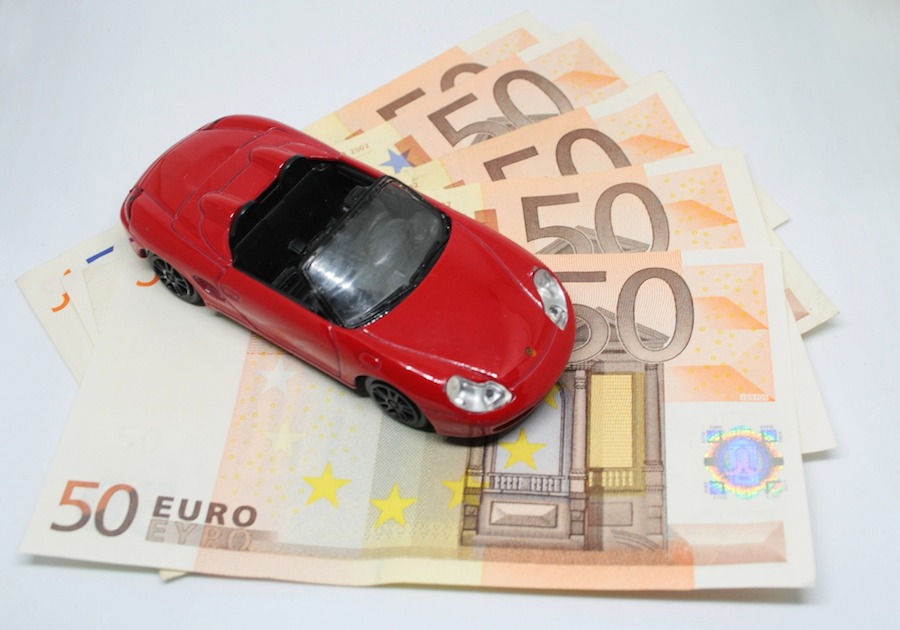What's the news?
Diesel car buyers will face extra costs following Budget 2019, but the Government has managed to swerve antagonising rural voters. There is no increase in tax on diesel fuel, nor any expansion of the carbon tax, but there will from now be an extra one per cent surcharge on Vehicle Registration Tax for new or imported diesel cars.
That's an interesting move - possibly just little enough to avoid a potential meltdown in second hand diesel values, while still just about enough of a 'being seen to do something' policy. The overall increases in price won't amount to much for most buyers - a Volkswagen Golf 1.6 TDI Trendline will see an increase of around €250, while a Nissan Qashqai 1.5 dCi SV will go up by around €280, depending on how car makers adjust their pricing and equipment strategies to allow for the new taxes.
The move will have a smaller impact now than if it had been introduced last year. Diesel car sales are down by 20 per cent so far this year, and now account for 54 per cent of the 2018 car market, rather than the 65 per cent of 2017. Petrol engine sales have risen by 20 per cent. Whether it will be enough to stem the tide of imported diesel cars is another matter, but it would seem unlikely at this juncture.
One other motoring takeaway from the budget was an extension of the incentives for buying a hybrid car. Buyers will still get a €2,500 reduction in their VRT bill for buying a hybrid and the policy has been extended into 2019, at which point it will be reviewed again.
Toyota Ireland has, unsurprisingly, welcomed the continuation of the hybrid incentive. In a statement on the budget, Steve Tormey, CEO of Toyota Ireland, said: "Meeting our environmental commitments relating to carbon emissions will require a huge effort on the part of Government, industry and public over the coming years, and the decision to extend the hybrid VRT relief is an important step in that campaign.
"Toyota has led the motor industry in environmentally friendly technology for the past 30 years and we will continue to do so through the development and adoption of energy-saving options such as self-charging hybrid and fossil fuel alternatives including hydrogen and electric. As many people know, hybrid cars operate in electric mode almost 50 percent of the time in city driving conditions and until such time as pure electric motoring issues such as range anxiety on affordable mass market cars and charging infrastructure are addressed, it is our firm belief that hybrid represents the best solution for a lower carbon reliant society and therefore cleaner air for future generations.
"Our decision to cease the production of diesel powered passenger cars this year has paved the way towards our introduction of five new hybrid only cars in 2019, including the world's best-selling car, Corolla, and the re-introduction of the Camry. While there are now 30,000 hybrid cars on Irish roads, the extension of the VRT relief means that more consumers will be able to make the informed decision to switch to hybrid without any additional cost implications. The Toyota hybrids sold in 2019 will save an estimated 60,000 tonnes of CO2 over their lifetime compared to the same number of conventional (diesel and petrol) cars."
For commercial vehicles, the Government has also introduced a new capital allowance scheme for converting goods vehicles and vans to liquified petroleum gas (LPG), and for establishing refuelling systems for LPG, as a way of encouraging heavier vehicles away from diesel.

